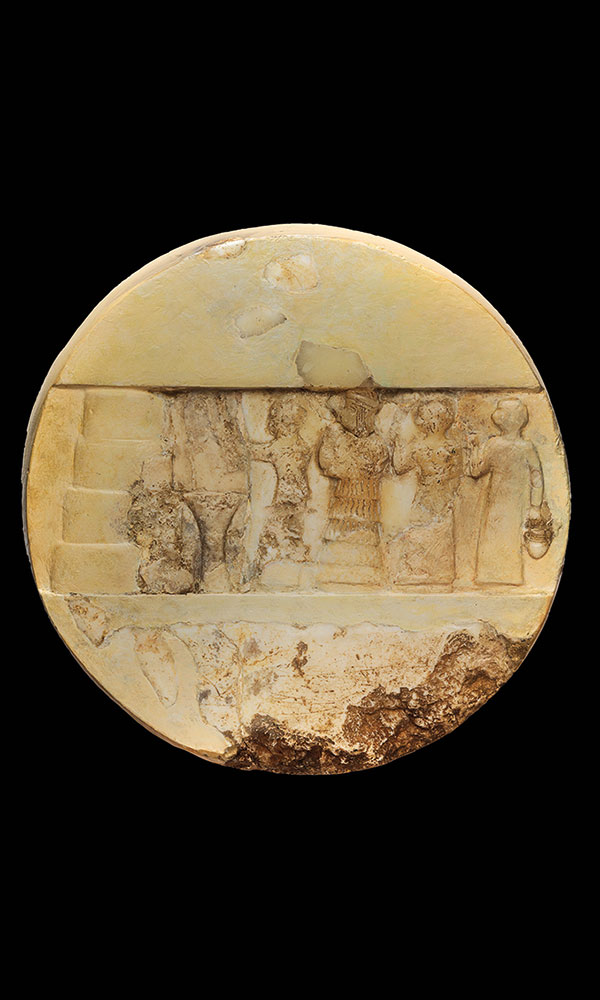CAMBRIDGE, ENGLAND—According to a statement released by the University of Cambridge, drought conditions in the fifth century A.D. may have driven Hunnic peoples from herding animals to raiding the Roman Empire. Susanne Hakenbeck, Ulf Büntgen, and their colleagues reconstructed the region’s climate over the past 2,000 years with tree ring analysis, and found that the area that is now Hungary experienced unusually dry summers in the fourth and fifth centuries A.D. The drought was severe enough that crop yields and pasture for grazing herds would have been reduced beyond the floodplains of the Danube and Tisza rivers. “We found that periods of drought recorded in biochemical signals in tree rings coincided with an intensification of raiding activity in the region,” Büntgen said. Hakenbeck added that analysis of isotopes in human bones unearthed in the region suggests that some people migrated from their places of birth and ate mixed agricultural and pastoral diets. Others, however, may have been driven to violence, the researchers argue. Historical records of intense raiding on the Roman frontier coincide with extremely dry summers in the Carpathian Basin, they concluded. Read the original scholarly article about this research in Journal of Roman Archaeology. To read about a group of nomads in the Carpathian Basin who ruled much of Europe from the sixth through ninth centuries A.D., go to "The Avars Advance."
Drought May Have Driven Raids on the Roman Empire
News December 20, 2022
Recommended Articles
Features March/April 2025
An Egyptian Temple Reborn
By removing centuries of soot, researchers have uncovered the stunning decoration of a sanctuary dedicated to the heavens
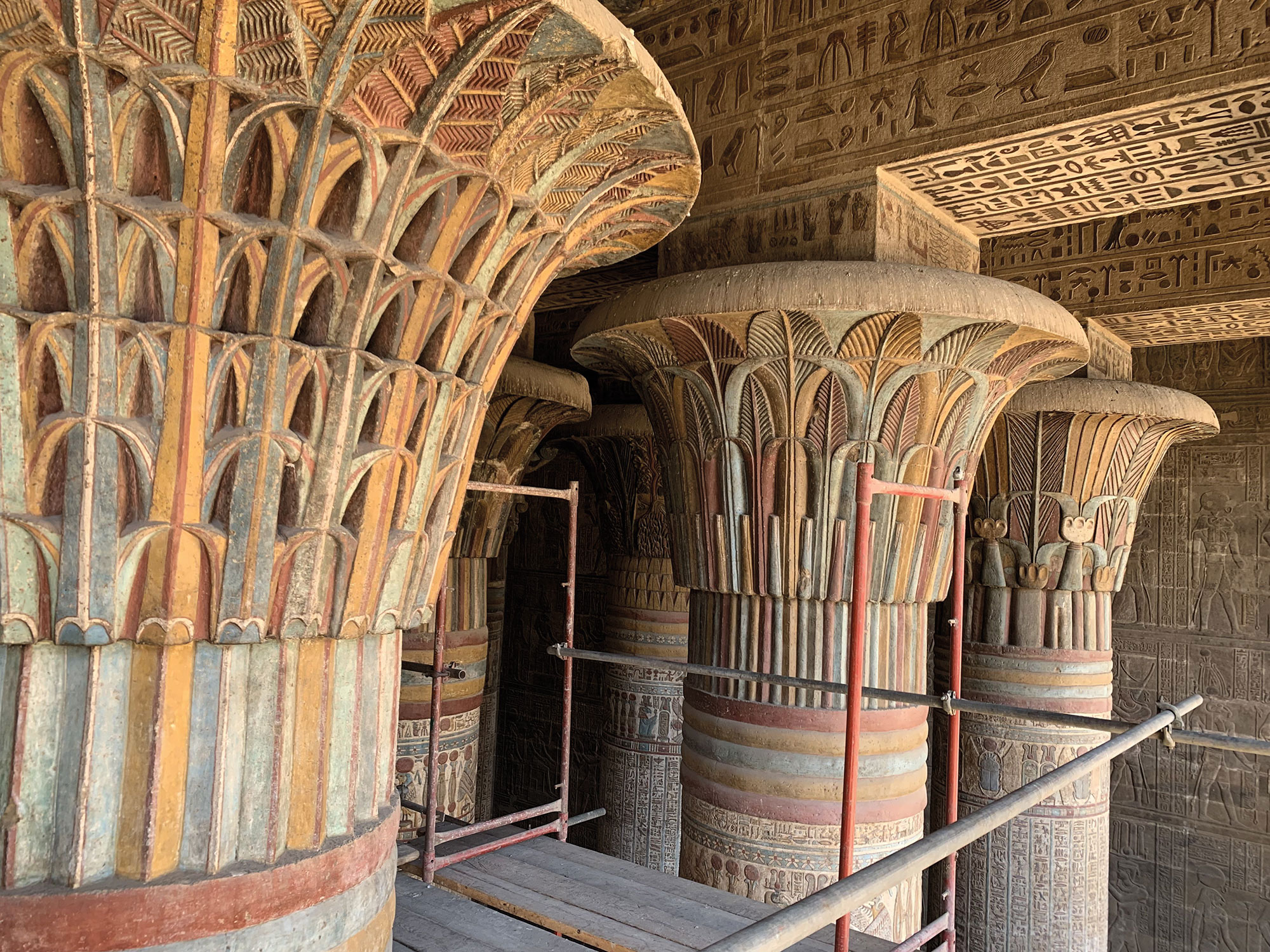
Features September/October 2018
Shipping Stone
A wreck off the Sicilian coast offers a rare look into the world of Byzantine commerce
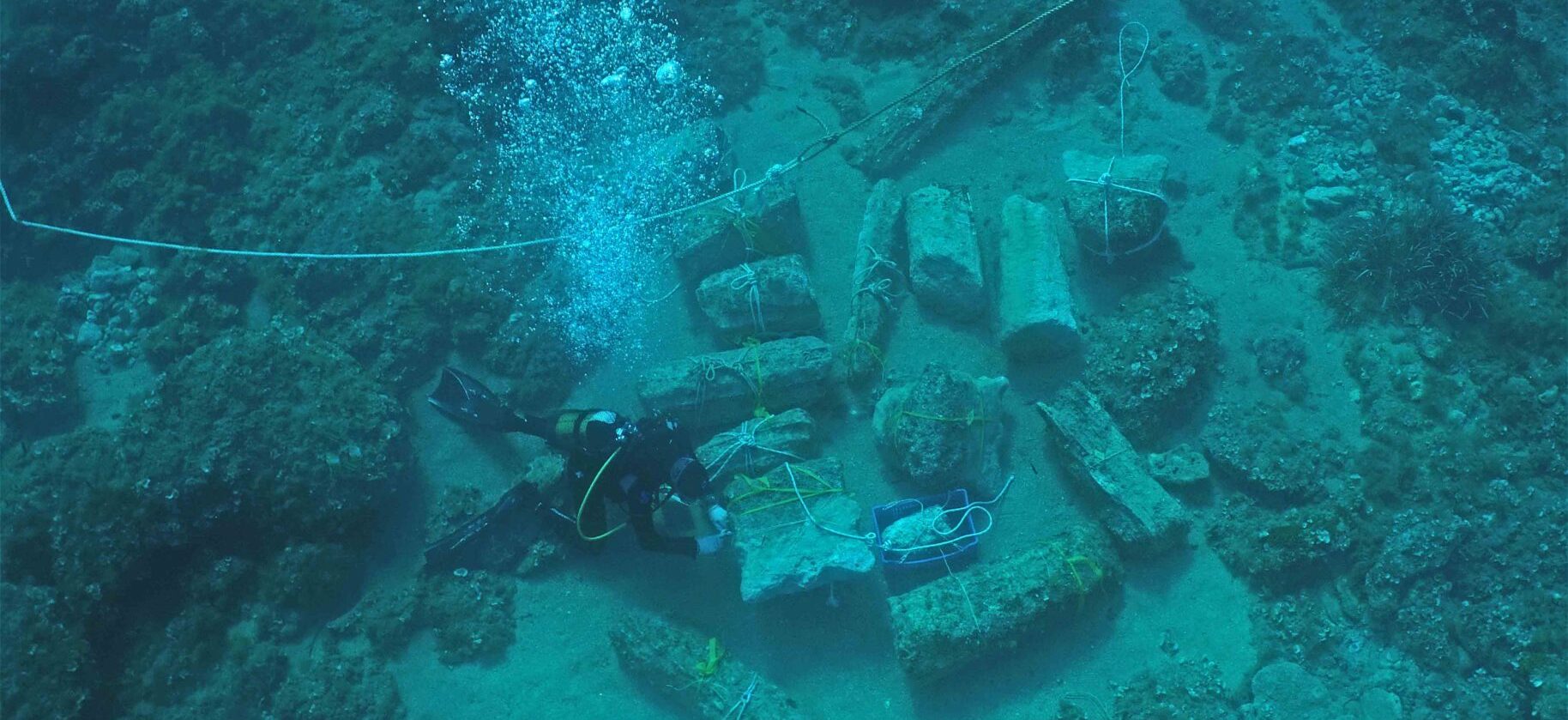
Digs & Discoveries March/April 2018
Caesar’s English Beachhead
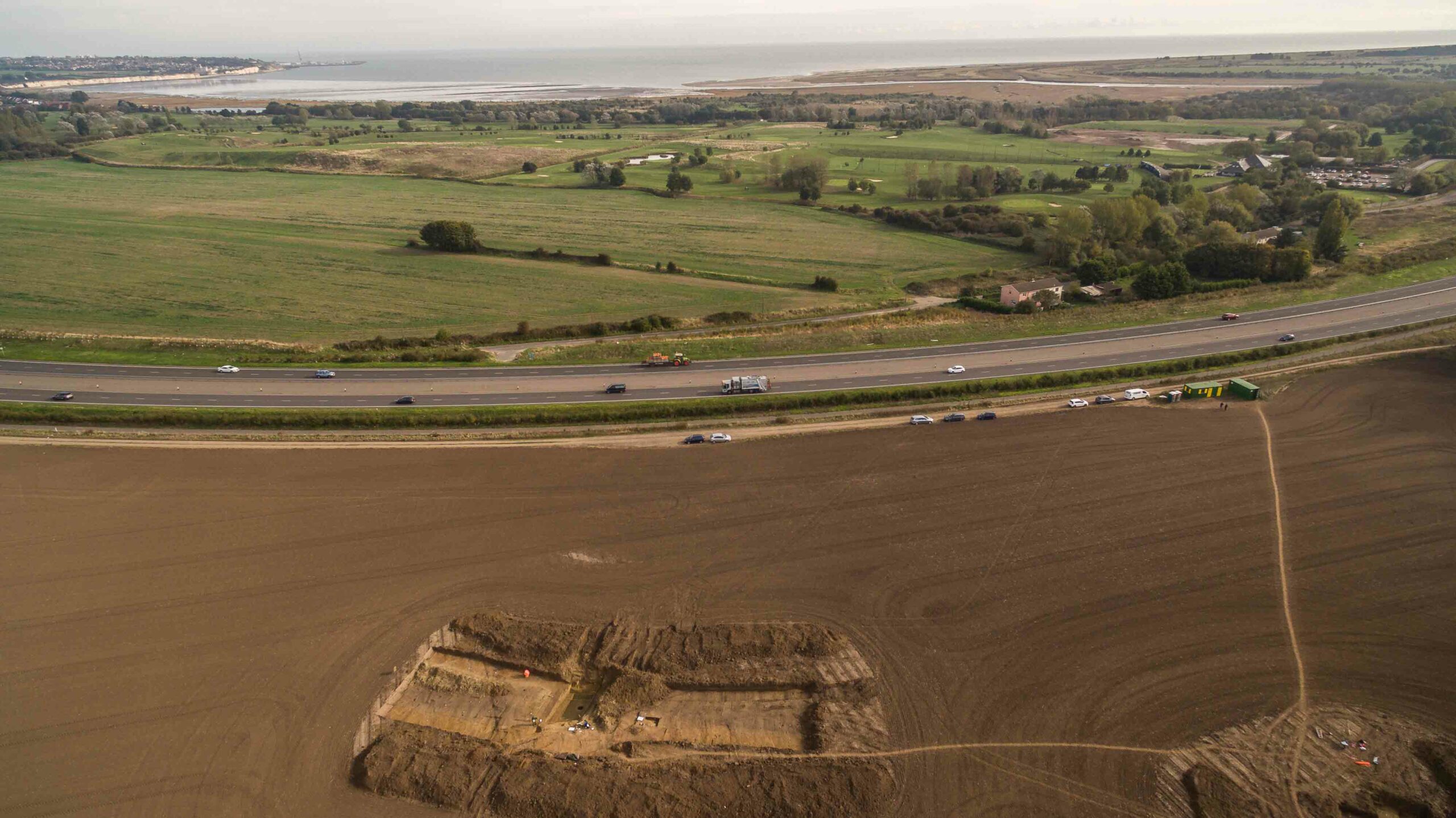
Digs & Discoveries March/April 2018
Seals of Approval
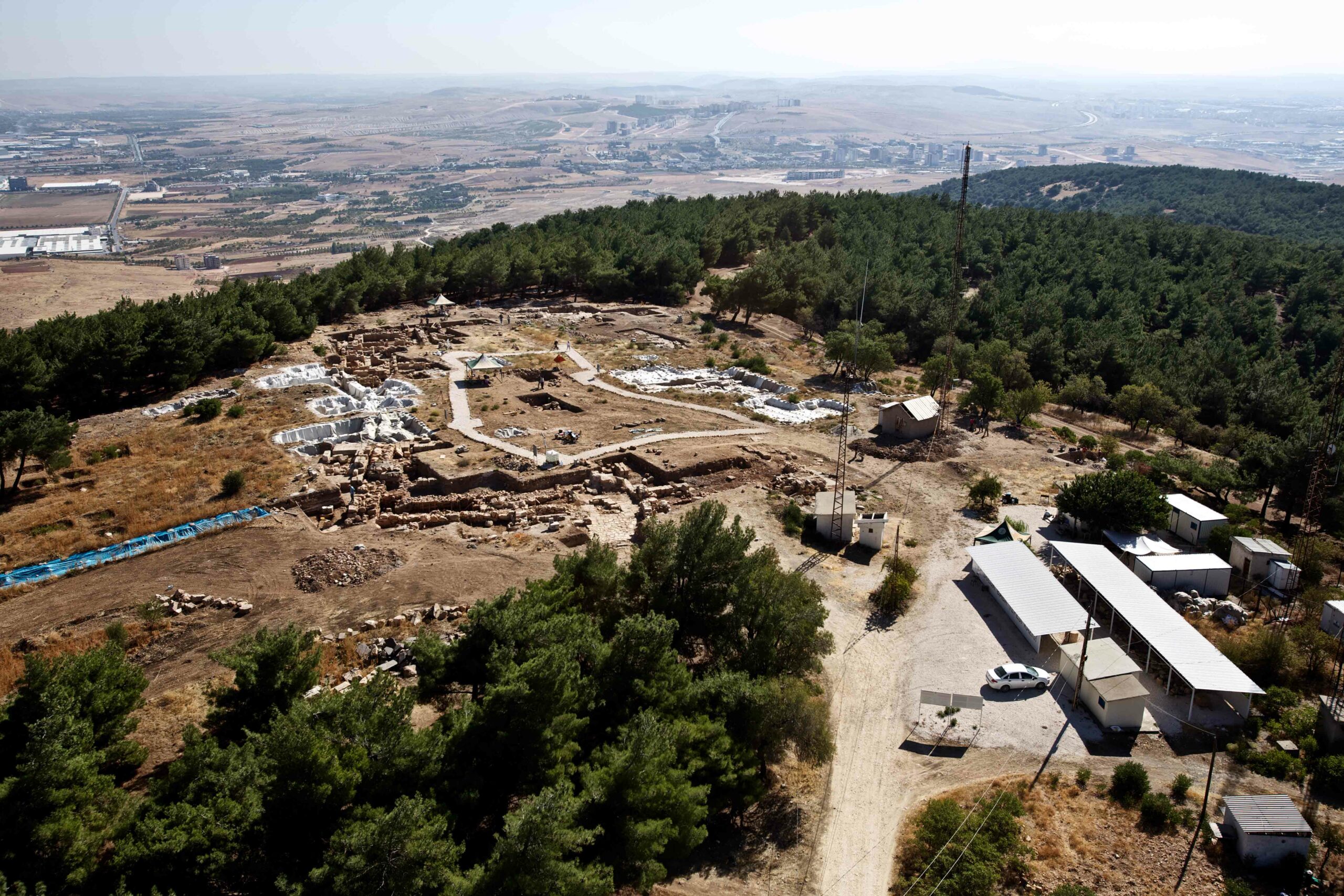
-
Features November/December 2022
Mexico's Butterfly Warriors
The annual monarch migration may have been a sacred event for the people of Mesoamerica
 (+NatureStock)
(+NatureStock) -
Features November/December 2022
Magical Mystery Door
An investigation of an Egyptian sacred portal reveals a history of renovation and deception
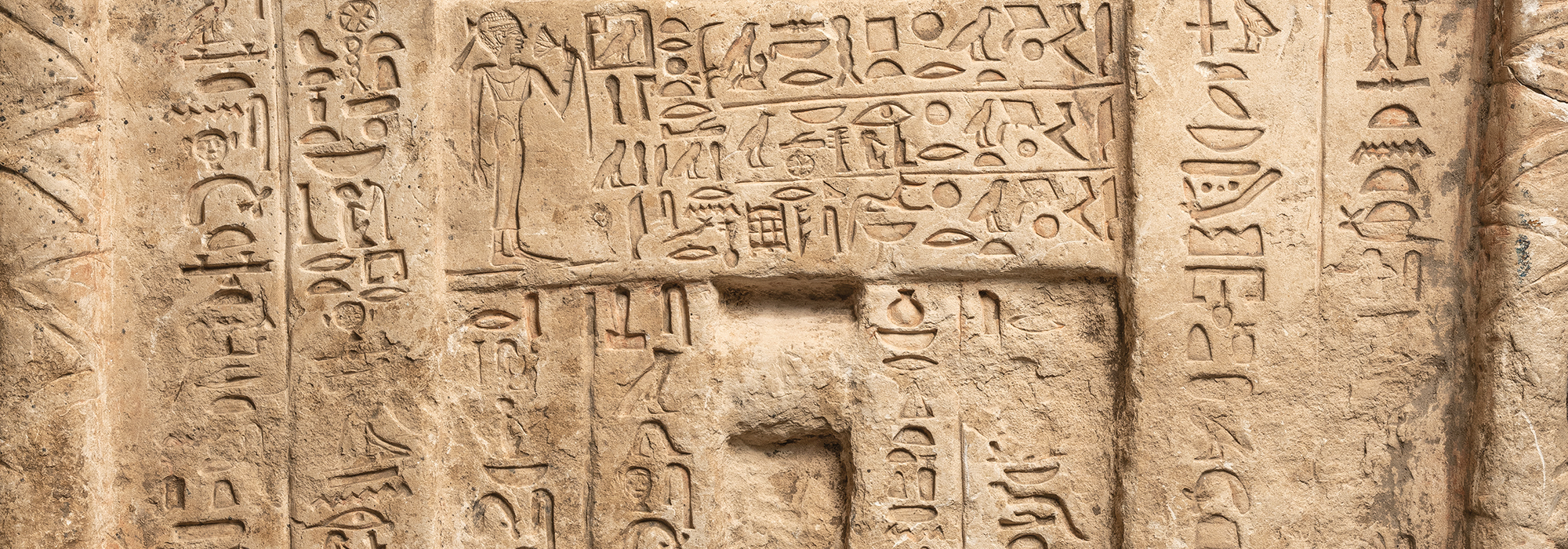 (© The Fitzwilliam Museum, Cambridge)
(© The Fitzwilliam Museum, Cambridge) -
Letter from Australia November/December 2022
Murder Islands
The doomed voyage of a seventeenth-century merchant ship ended in mutiny and mayhem
 (Roger Atwood)
(Roger Atwood) -
Artifacts November/December 2022
Hellenistic Inscribed Bones
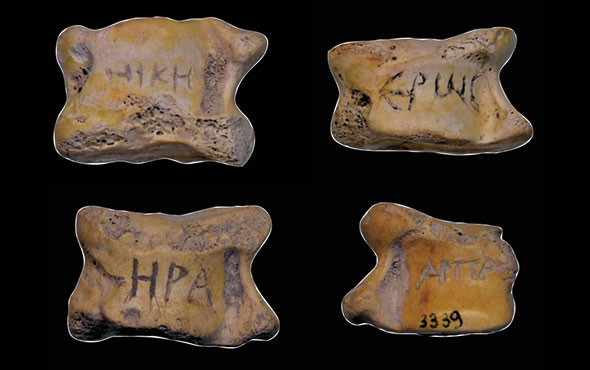 (Courtesy Israel Antiquities Authority)
(Courtesy Israel Antiquities Authority)



